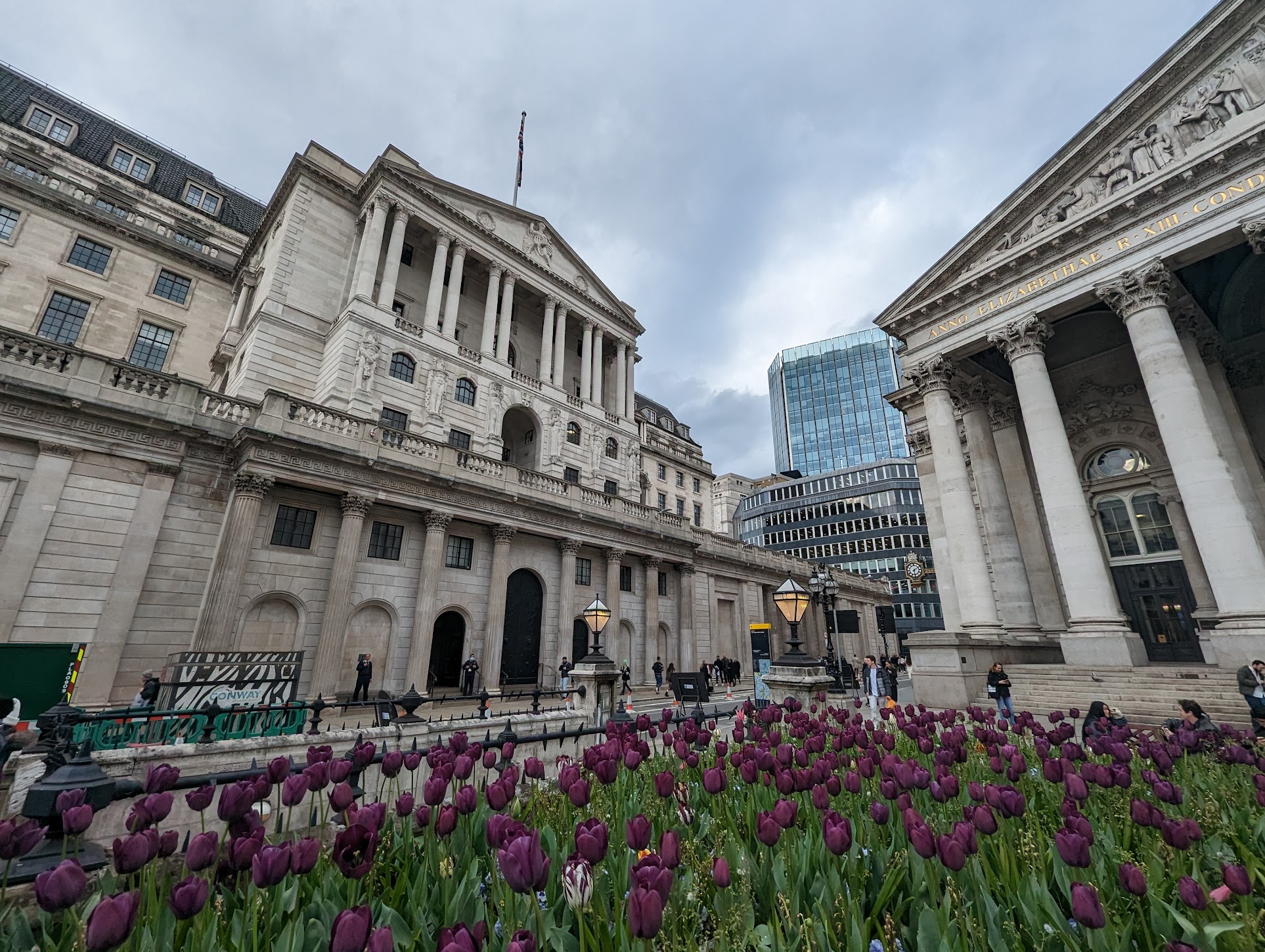Bank of England bumps interest rate to 5.25% as inflation begins to ease

In its 14th consecutive increase, the Bank of England has raised interest rates by 0.25 percentage points to 5.25%, a move that slows down the pace of increases as signs emerge that the persistently high inflation in the UK is starting to ease.
This follows a half-point increase in the previous meeting, which economists had anticipated.
Inflation fell to 7.9% in June, down from 10.1% at the start of the year, exceeding expectations. However, prices are still rising faster in the UK than in other advanced economies like the US, Japan, and the eurozone, stirring hopes that interest rates may be nearing a peak elsewhere.
Prime Minister Rishi Sunak expressed concern that inflation was not falling as quickly as desired, despite a goal to cut it by half by 2023.
Public confidence that inflation will decelerate in the coming months appears to be growing. A recent survey by Citi showed expectations for inflation in a year’s time had dropped from 5% in June to 4.3% in July. This decline could lead to an easing of workers’ demands for higher wages amid the cost of living crisis.
Kevin Brown, savings specialist at Scottish Friendly, commented: “After today’s 0.25% hike, we are hopefully nearing the end of this record-breaking run of consecutive rate rises. If inflation continues to slow, then the Monetary Policy Committee (MPC) will be hard-pressed to keep pushing rates higher.
“However, while we may be approaching the peak, the struggle is far from over for households. The Prime Minister has suggested today that there is light at the end of the tunnel, but the MPC doesn’t expect inflation to return to its 2% target until Q2 2025.
“Higher prices are bedded into the economy and are still rising quickly in some areas, such as food and drink. Families’ mortgage payments are going up, often by hundreds of pounds a month, and rents are also rising sharply.
“This net result is that people are withdrawing money from their savings and borrowing more at a time when the cost to do so is sky-high.
“The best households can do is to take action to protect themselves from higher price and higher rates where they can. Shopping around to find the best deals on your mortgage, savings and investments, and credit is now more important than ever.”
Tracy Black, director, CBI Scotland, said: “With inflation having come down quicker than expected in June, the pressure was eased on the MPC to deliver another bumper rate rise. But, with inflation close to 8% – quadruple the Bank’s target – and wage growth around 7%, interest rates are likely to head higher in coming months.
“Economic conditions remain challenging for households and businesses alike. For firms, the cost of inputs is a third higher than pre-pandemic, the labour market remains very tight driving up wage and recruitment costs, and demand is sluggish.
“Meanwhile real incomes are still falling for households and higher interest rates are squeezing spending power further. To drive up growth and living standards in the UK without generating inflation, we need investment to increase the productive capacity of the economy.”








